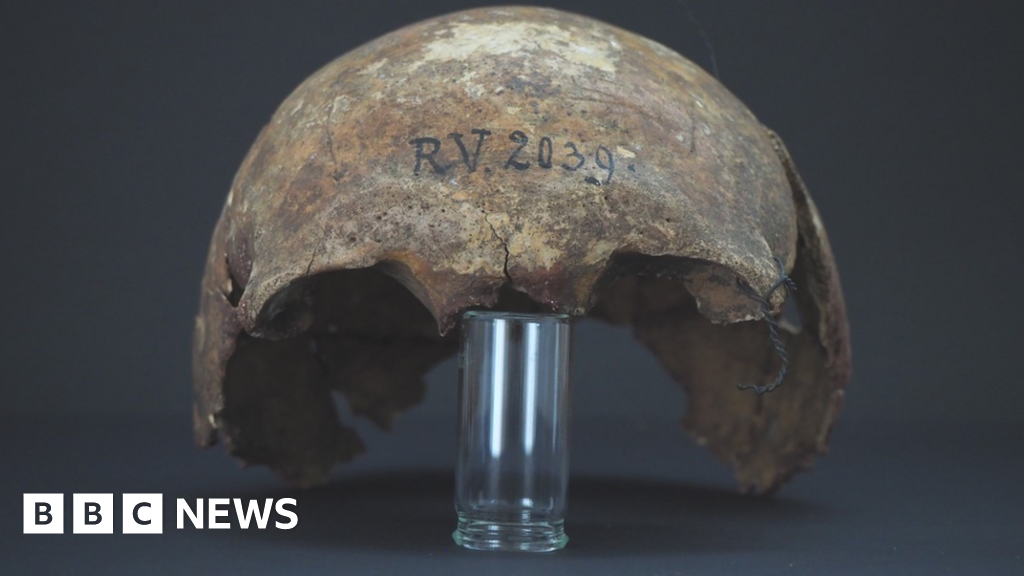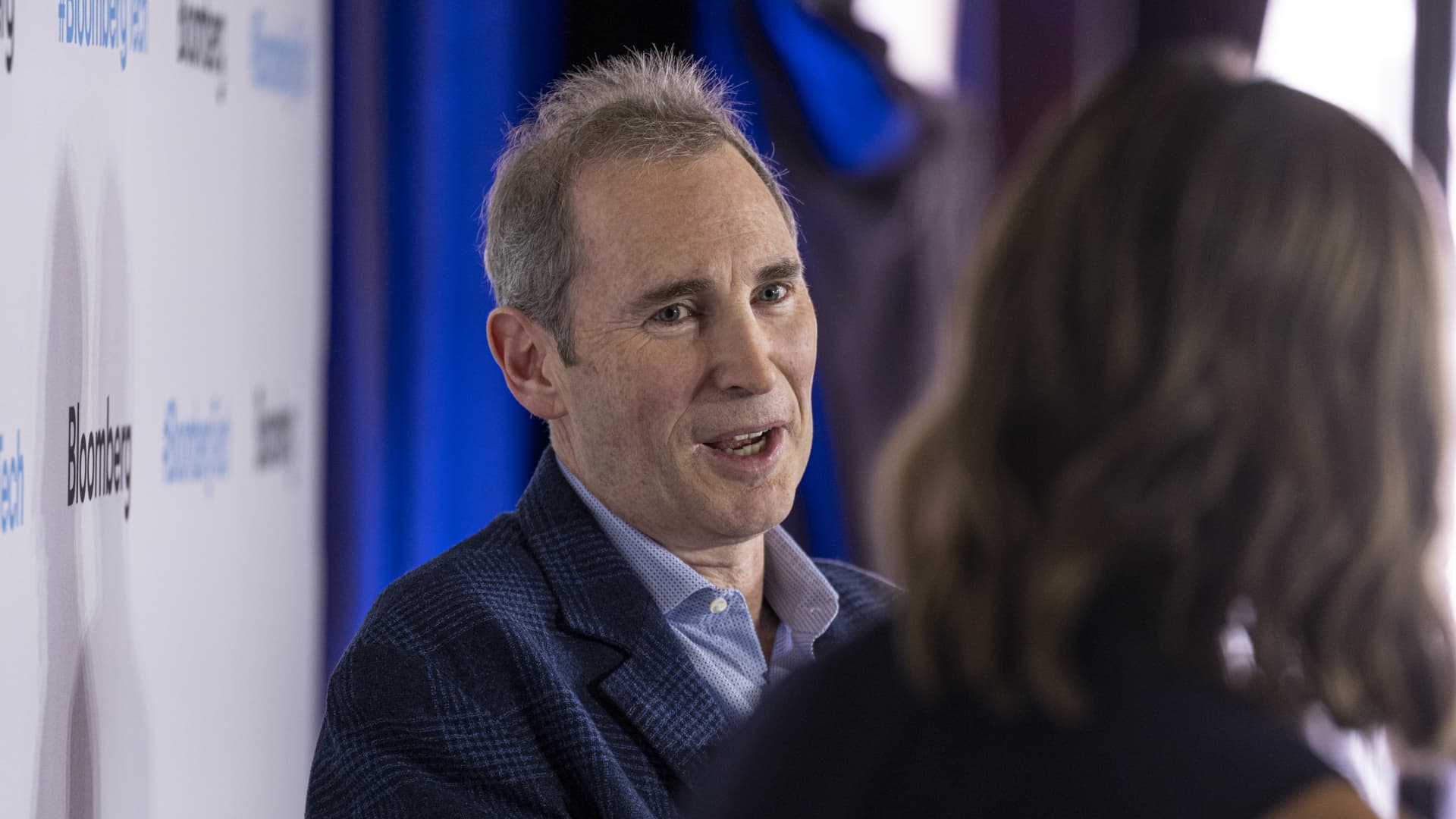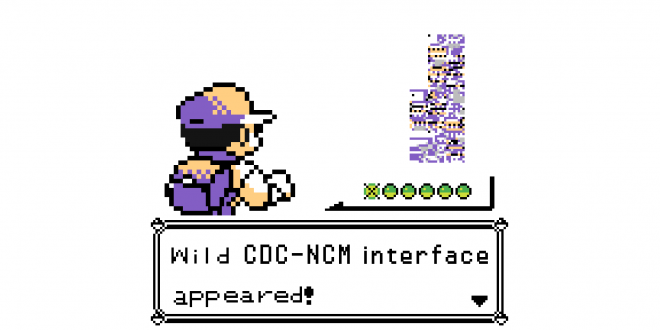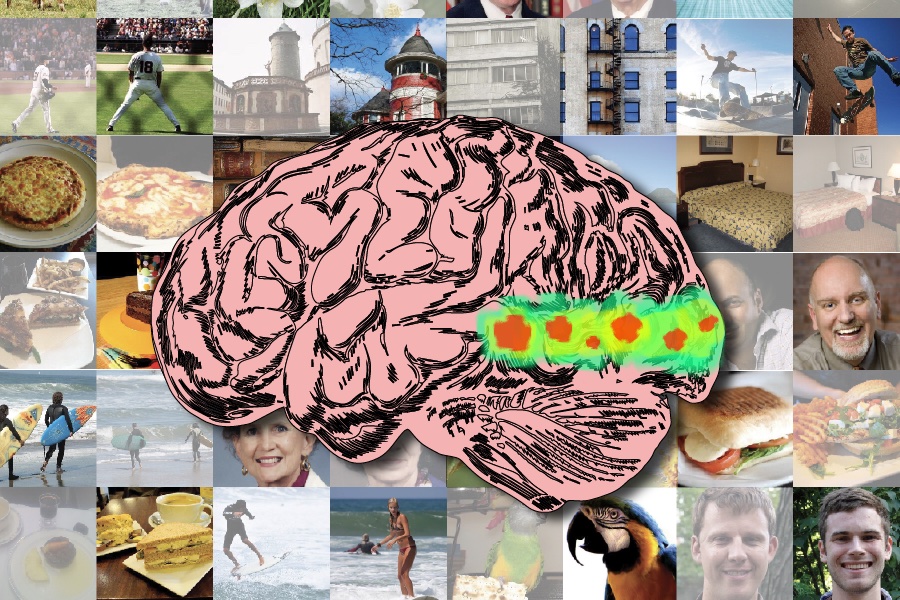
The man reinventing economics with chaos theory and complexity science
Traditional economics makes ludicrous assumptions and poor predictions. Now an alternative approach using big data and psychological insights is proving far more accurate
In 2006, economists at the Federal Reserve Bank of New York started to worry about the overheating US housing market. Concerned that the bubble might burst, they used their best model to predict what would happen if house prices dropped by 20 per cent. Not much, was the answer it churned out. Soon after, house prices fell by almost exactly this amount, leading to probably the worst period of global economic decline in a century.
Economics is often lambasted for being a pseudoscience, with dense mathematical formulae that belie its subjectivity and a poor track record of making accurate predictions. J. Doyne Farmer thinks we can do better. In his new book, Making Sense of Chaos, he unpicks why standard economic approaches often fail – and presents a radical alternative. Complexity economics, as it is called, treats economies as systems akin to natural ecosystems or Earth’s climate. Giant computer simulations based on these ideas offer a better representation of how billions of people interact within the global economy.
Read more Net-zero living: How your day will look in a carbon-neutral world



















